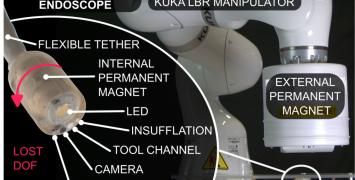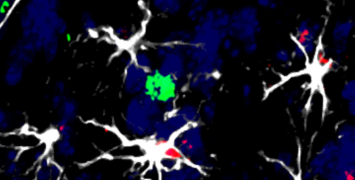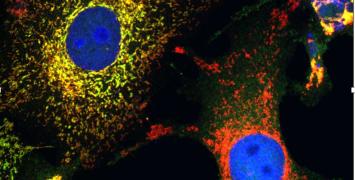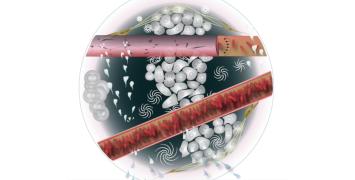Treatment for late-stage prostate cancer patients: getting closer to a solution
People suffering from prostate cancer usually go through surgery and radiotherapy. When these treatments are ineffective, drugs are used to stop the tumour progression. However, after a few years, patients stop responding to this therapy. Prof. Xavier Salvatella from the Institute for Research in Biomedicine (IRB Barcelona) may have found how to address this resistance, caused by alterations of the androgen receptor protein including mutations.
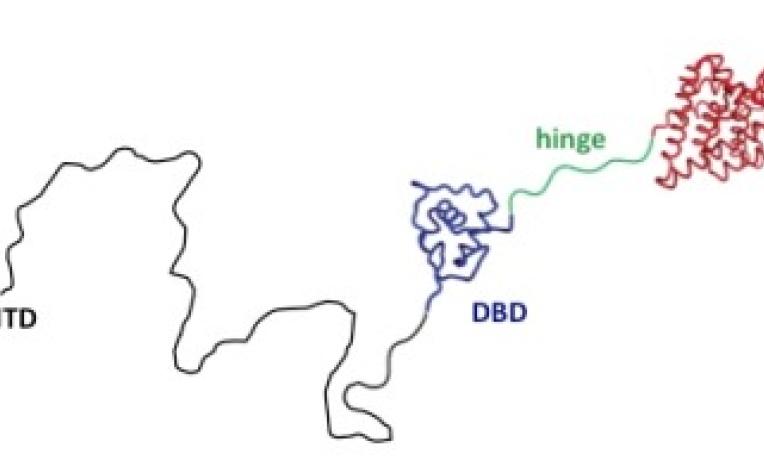
Prostate cancer is fuelled through the activation, by the hormone testosterone, of a specific protein called androgen receptor. To halt the progression of the disease, drugs are used to inhibit this receptor. However, after a few years, patients become resistant to the treatment, due to mutations and other modifications in the protein. By studying its 3D structure and its motions, ERC grantee Prof. Xavier Salvatella is looking for new cancer therapies that would bypass these mutations.
Proteins, a choreography of ballet dancers
Prof. Xavier Salvatella is interested in understanding the process of protein folding and unfolding, exerting key functions in the cell. He aims to unravel the connections between distant points in the protein chain, in order to find other locations in the molecule where medication could be targeted.
His theory is based on the principle that motions in a certain site can have an impact on a distant part of the same molecule. He describes this mechanism as "a ballet-like choreography, which allows the transfer of information across the structure of proteins". According to him, "if we understand the choreography, we may be able to discover anchor points for new therapies", and they might identify many other valid sites in proteins towards which to direct drug discovery efforts.
Prof. Salvatella's research findings may contribute to designing new drugs that could halt cancer progression in late-stage incurable prostate cancer patients, even when a treatment is rendered inefficient due to protein mutation. Late stage of prostate cancer kills ca. 70.000 European men every year.
This study has been funded by the European Research Council Council under the EU’s Horizon 2020 programme and received additional support from the Catalan Institution for Research and Advanced Studies (ICREA).


